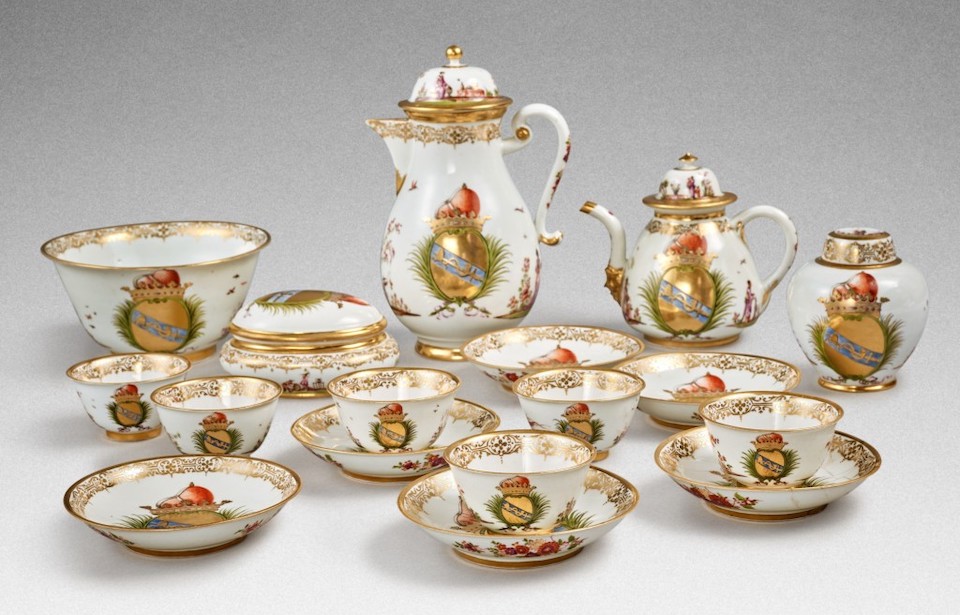An auction featuring 117 Meissen porcelain pieces has fetched over £10 million. The items auctioned off once belonged to lawyer and industrialist Dr. Franz Oppenheimer and his wife, Margarethe. The collection later fell into the hands of the Nazi regime, from whom it had to be rescued.
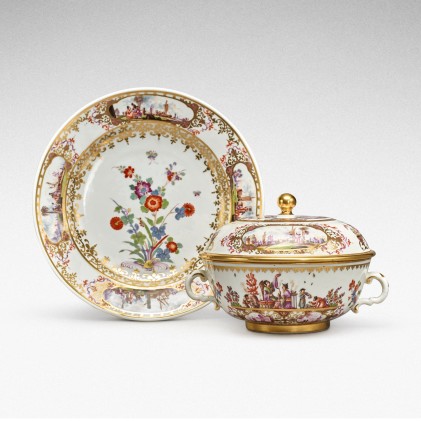
The collection was held at various Dutch museums over the course of 70 years. It was in the hands of the Rijksmuseum when the Oppenheimers’ descendants approached the Dutch Restitutions Constitution Committee, arguing they were its rightful owners.
The committee sided with the family in 2019, citing they’d “lost possession of the objects involuntarily due to circumstances directly related to the Nazi regime.” Upon getting ownership of the collection, the family approached auctioneers Sotheby’s about selling it.
“After the defeat of the Nazi regime, the collection was discovered by Allied Monuments officers in a salt mine in Austria, where it had been placed by Hitler’s curators for safety,” said Lucian Simmons, worldwide head on restitution at Sotheby’s. “The collection was taken first to Munich and was then sent by the Allies to Holland. The Dutch government placed it in three museums, including the Rijksmuseum, where it remained until it was restituted to the Oppenheimer heirs.
“We cannot comment on their motives, but they are group of individuals and it is quite common for restituted collections to be sold to convert the inheritance into a form that is more easily distributed amongst the descendants of a victim of Nazi persecution,” he continued.
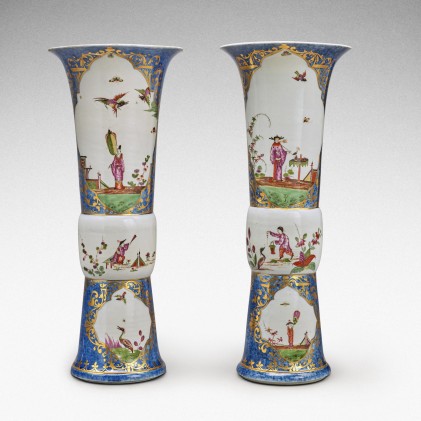
The Meissen factory was established in 1710 and was the first in Europe to produce hard-paste porcelain products equal to those seen in China, which had produced porcelain for 2,000 years. As such, its products are highly valued. While the auction was expected to bring in £2 million, it ended up fetching £10.5 million, as many of the items sold over asking.
Among the items sold was a rare Meissen armorial tea and coffee service from 1731, which brought £958,000. The highest-earning item was a 17-inch-high Meissen clock from 1727, which fetched £1.16 million.
More than half of the collection was bought by the Rijksmuseum. The Rembrandt Association confirmed it made a contribution to the museum to allow it to purchase back the items.
According to Richard Hird, a specialist in Sotheby’s English and European ceramics department, the sale marks “the highest-ever total for a European ceramics sale. The depth of the bidding and sustained competition that we witnessed throughout the sale, as well as the numerous acquisitions by the Rijksmuseum, were not only a testament to the extraordinary quality of the pieces themselves but also the exceptional taste and vision of Dr. Franz and Margarethe Oppenheimer.”
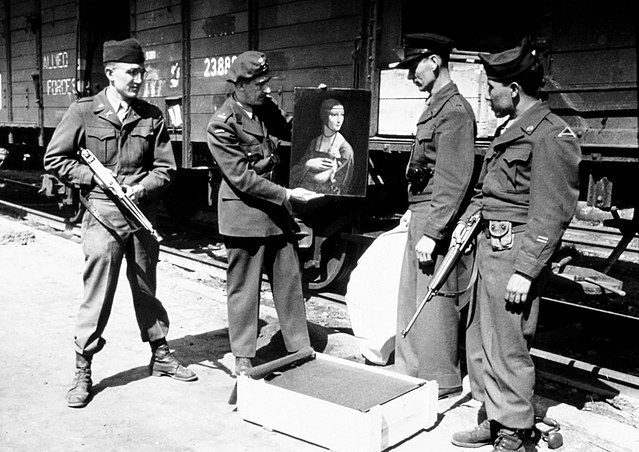
The collection of German porcelain was acquired by Oppenheimer and his wife during the 1920s and ’30s. They purchased the items at a time when they were being deaccessioned from the Royal Collection in Dresden.
In 1936, as the Nazis began to place restrictions of Jewish people in Germany, the Oppenheimers fled their home in Berlin and relocated to Vienna. They emigrated to the United States two years later, just before Austria was annexed by Germany. Before moving, they sold off their Meissen ornaments and figurines, in an attempt to keep them out of Nazi hands.
A large portion of their collection was purchased by a man named Fritz Mannheimer, who died in 1939, and it was later liquidated by his bank. The 117 pieces of 17th and 18th century Meissen were ultimately found in the Netherlands in 1941by a member of the SS and handed over to Hitler.
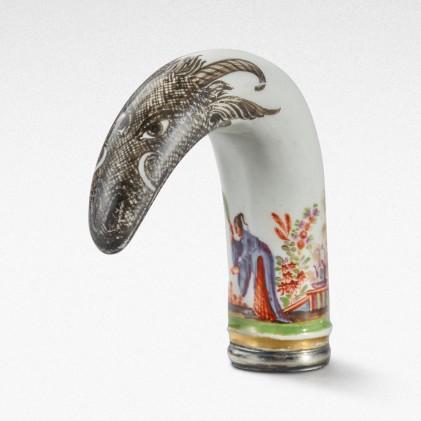
First housed in the Vyšši Brod Monastery in South Bohemia, the collection, like other stolen artwork, was moved to Austrian salt mines to keep it safe from Allied bombings. The items were eventually located by members of the Monuments, Fine Arts and Archives, a group of art experts, librarians, and museum curators tasked with recovering stolen art before the Nazis could destroy it.
The collection was transferred to the Central Holding Point and sent back to the Netherlands, where it remained until 1949. As Mannheimer’s executors were not interested in seeking restitution, the collection was passed into Dutch state holdings, of which some were held as property available for restitution and the rest given to the Rijksmuseum.
